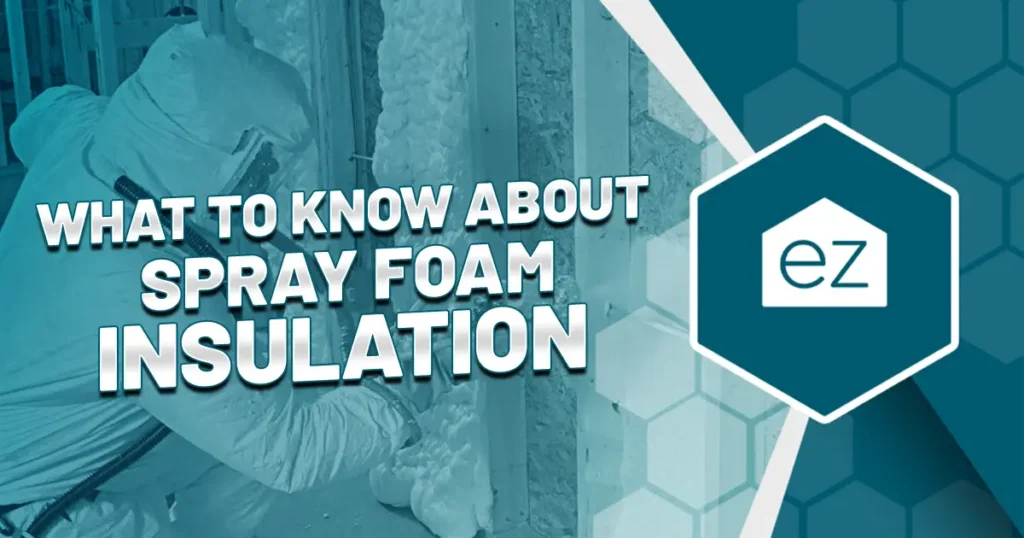Mistakes to Avoid as a First-Time Home Buyer
Are you ready to take the plunge and become a proud first-time home buyer? Congratulations! Buying a house for the first time is an exciting and life-changing milestone. It can also seem daunting if you don’t know what steps to take or what to avoid. The good news is that there are tons of resources out there to help you avoid mistakes as a first-time home buyer.
We know buying a home is one of the most significant financial decisions you’ll make in your lifetime. What’s important is that you learn from others who have gone before so that you don’t fall into common traps other buyers might have encountered. Here’s our take on what traps and pitfalls first-time home buyers face in their buying experience.
Neglecting to Set a Budget
It’s heartbreaking to fall in love with a home beyond what you can afford. That happens when a buyer fails to set a clear budget before they start house hunting.
Determine your financial limits and stick to them. The last thing you want is to move into your “dream home” only to find months down the road, it’s draining your financial resources, and you can’t make the payment. Imagine having to sell the home you thought you’d spend years in, or even worse, filing for bankruptcy. That’s a hard road to recover from.

Skipping Pre-Approval
Pre-approval is essential to figuring out your budget and demonstrates to sellers that you are a serious buyer. Skipping this step can lead to wasted time and disappointment.
Note that the pre-approval does NOT guarantee you will secure a loan for that amount. The pre-approval process is not as thorough as the pre-qualification process, where the underwriters request more documentation proving your assets and income. With pre-approval, the lender says, “Based on our surface-level look, we believe we would loan you this amount.”
Let’s say the mortgage lender pre-approves you for a $300,000 loan. Does that mean your budget should be $300,000? No, not always! You must remember closing costs, moving costs, insurance, and taxes. You’ll also need to work your budget to factor in your other lifestyle costs to see what you can reasonably pay each month.
Not Researching the Neighborhood
It’s not just about the house; the neighborhood matters, too. Failing to research the area you plan to buy in can lead to unpleasant surprises. Beautiful home, high crime rate? That could cost you thousands. A feud between neighbors causing tension in the neighborhood? Living under an airport landing zone? Too strict covenants in a deed-restricted neighborhood? Those all impact your quality of life in the new home.
If you can, drive through at different times of the day to sense its culture and changes. Check the crime rates, school quality, proximity to amenities, and future development plans to make an informed decision. And even if there’s no HOA, your deed may have city-wide restrictions about things like parking boats in the driveway or placement of sheds.
Underestimating Hidden Costs
Property taxes, insurance, maintenance, and utility bills can add up quickly. Not properly considering these ongoing expenses on top of your monthly payment and interest can strain your finances in the long term. Get some rough quotes for homeowner’s insurance and utility rates from the local providers.
There will always be the small things to keep up with year: the landscaping, home cleaning, and patching nail holes and scuffs. But then anticipated expenses arise pests in the attic, water in the basement, termites in the walls…the potential goes on.
In the home tour, consider details like the roof’s age, the condition of the HVAC systems, and overall home age. What problems are cropping up in local homes built in the 1980s, 90s, or beyond?
“After we moved in, we had water in the basement after a heavy rain,” said Max Monroe, a home buyer in Ohio. “Then, when walking the dog, we noticed many homes had recent trenches dug in their yards. It turns out a lot of the underground gutter pipes were collapsing and needed replacement; it’s a common problem in our 1980s-built development. The [water] backup was the root cause of water in the basement, so we had to address that issue, too.”

Skipping Home Inspections
Don’t make the mistake of forgoing this step to save money on your closing costs because it could cost you thousands in the long run. A thorough inspection can uncover hidden issues, like roofing damage, signs of water intrusion, or issues not up to code. Always insist on a professional inspection even if you’re buying “as-is.”
The home inspection may also point out repairs you can do that would preserve or enhance your new home’s value once done.
Ignoring Resale Value
While you may be excited about your potential forever home, the average American homeowner is only in their property for 13 years, but there’s high variability from region to region. Life circumstances change, and you may need to sell the home one day.
The property’s resale value does matter. Buying a home with strong resale potential ensures you can recoup your investment if and when needed. High-demand areas appreciate faster, too.
It goes back to the neighborhood you choose to buy in. Sure, you may be paying more now for the convenience of living near quality schools or next to a popular entertainment district, but you’ll recoup that cost when you go to sell.
Conversely, you might be looking to buy a home in an up-and-coming area. By getting in on the ground floor, you could set the stage for significant appreciation gains when you go to sell.
And buying in an area where home values and the quality of life are decreasing? You risk not recouping your investment, especially if you don’t plan to be in the home for several years. The general rule of thumb is it takes 3-5 years to build up enough equity just to make back what you paid for closing costs.
Rushing the Decision
Don’t let the frustration of the process lead to impulsive decisions. As of 2023, the market has been challenging for most home buyers. Inventory is low, prices are high, and desirable homes are under contract in days. Meanwhile, mortgage rates and home value keep creeping up, making buying a home more expensive each passing day. It’s no wonder many home buyers feel the pressure is on.
And if you’ve extended offers only to lose in a bidding war, it can be even more frustrating to keep losing out. The temptation to settle rises.
However, rushing into a purchase without proper due diligence can lead to buyer’s remorse. It’s okay to be patient with the process. Take your time, consider your options, and consult with real estate professionals when necessary.

Focusing Solely on Looks
Curb appeal is important, but don’t become enamored with a house’s appearance without considering practicality. Remember, you’re buying the house, not the furniture. A coat of paint can transform a room but also hide defects.
Look at the layout, functionality, and potential for customization to suit your needs. Don’t let the current owners’ tasteful choice in décor block that too-small kitchen or the funky layout between the living office and kids’ rooms.
Pay attention to structural issues, especially those that arise in the home inspection. That small crack in the wall may signify bigger, more significant issues: bowing walls, sinkholes, or settling.
Overlooking the Fine Print
The purchase contract and associated documents are filled with legal jargon and details you must understand. Failing to review and comprehend these documents can lead to unpleasant surprises. Always seek legal advice if you’re unsure about any aspect of the contract.
Not Working With a Real Estate Agent
Don’t face the real estate market alone! Real estate agents offer priceless expertise and negotiation skills critical for a first-time home buyer. Our job is to lend our knowledge about the local real estate markets, homes, and businesses to help you make a great purchase. We’ll walk you through each step, from searching for a home within your budget to the closing table. We’ll let you know when something is actually an issue and have potential solutions ready.
In short, choosing not to use a real estate agent to save money might cost you more.
Make buying a home a great experience
Say goodbye to unnecessary stress and regret and hello to a bright future in your new home! Confidently embark on your homebuying journey and find your dream home with ease using these additional resources:
PMI and MIP: What They Are and How They Differ
9 Basic Steps of Buying a Home
Start Your Home Search
Preston Guyton
Share this Post
Related Articles
Buying a Home
Conforming Loan Limits: A Guide for Homebuyers
Buying a Home
What to Know About Termites In Your Home
Buying a Home
What to Know About Spray Foam Insulation
Buying a Home





